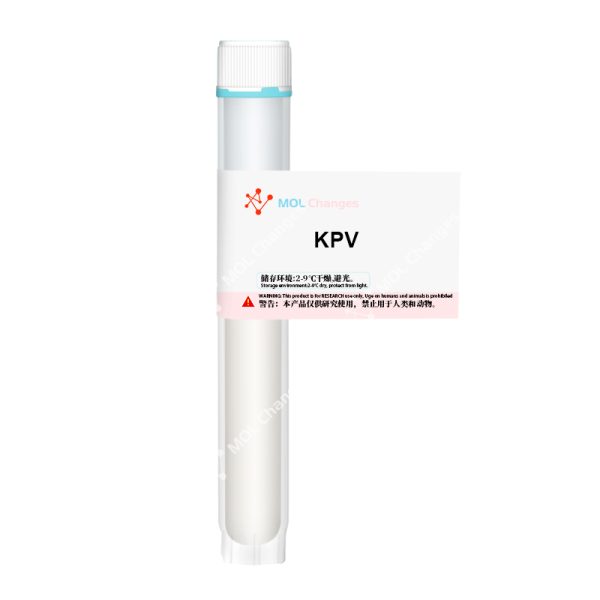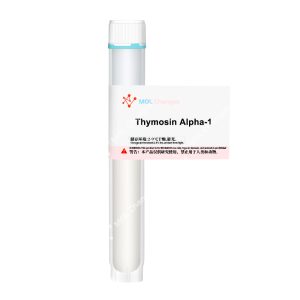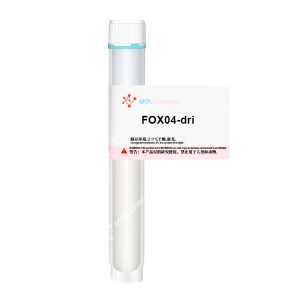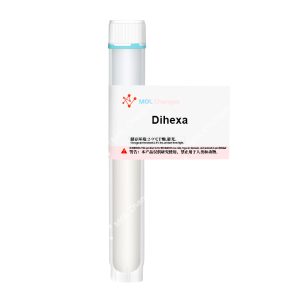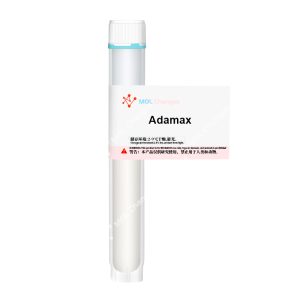What is KPV peptide:KPV is a synthetic bioactive peptide derived from the C-terminal ultra-short tripeptide fragment of naturally occurring α-Melanocyte-Stimulating Hormone (α-MSH). Research into various α-MSH fragments led scientists to discover that the specific C-terminal sequence KPV – comprising those very last three amino acids – loses its melanogenesis promoting effect; significantly enhanced anti-inflammatory and immunomodulatory properties, however, are retained.
KPV itself acts through non-ergoline mechanisms; inhibition of the activation and subsequent transcription of key inflammatory factors being the primary mode of action. Multiple pro-inflammatory cytokines are thereby effectively suppressed in both production and release.
The modulation of specific immune cells (lymphocytes, macrophages among others) is another major aspect of its effect, reshaping the body’s internal anti-inflammatory environment. Inflammatory repair is stimulated and overall anti-inflammatory activity is increased.
Clinical trials have shown clear improvement in experimental colitis; reduced mucosal edema, protection of intestinal barrier function, and various forms of tissue/cell level repair are all measurable outcomes.
The low molecular weight of KPV is another significant advantage, conferring excellent oral bioavailability and notable transdermal absorption capacity. Oral administration allows it to resist degradation by gastrointestinal enzymes and reach the intestinal mucosal immune system directly.
Sequence
H-Lys-Pro-Val-OH
CAS Number
67727-97-3
Molecular Formula
C16H30N4O4
Molecular Weight
342.44
Research Of KPV Peptide
1.Anti-inflammatory Function
This is the central, primary function of KPV. Targeting the core factor NF-κB within cellular inflammatory signaling pathways, blocking the activation/translocation process is what defines its action.
Expression and transcription of pro-inflammatory mediators are interrupted at source. Anti-inflammatory factors are also promoted.
Altering the cellular inflammatory environment is a fundamental end-point of KPV’s dual regulatory actions.
2.Immunomodulatory Effects
KPV’s immunoregulatory function originates from its potent anti-inflammatory activity. Suppressing the expression of pro-inflammatory M1 genes, this activity facilitates an acceleration towards reparative M2 phenotype polarization – a key regulatory mechanism within the immune system.
Continuous administration of KPV to mice exhibiting inflammatory responses results in the experimental group showing either reduced inflammation, or complete resolution thereof; physiological functions aligning closely with healthy controls.
3.Specific Protective Effects on Inflammatory Bowel Disease (IBD)
Exceptional application value is displayed by KPV in intestinal health.
Mouse models of inflammation show clear improvement of IBD(Inflammatory Bowel Disease) symptoms through oral administration. Intestinal tissue damage, edema, erosions, and inflammatory cell infiltration are all significantly lessened.
Repairing and strengthening the integrity of the mucosal barrier is one of KPV’s primary actions; reduced intestinal permeability follows. Bacteria and their antigens are prevented from translocating across the intestinal barrier, thereby preventing overactivation of the immune system at its root cause.
Healing of the mucosa itself is a direct result of these protective effects.
4.Promoting Tissue Repair and Regeneration
By suppressing inflammation, KPV creates an improved cellular microenvironment for such repair to occur.
Anti-inflammatory and cellular repair factors are activated. Studies have shown accelerated repair and regeneration of both intestinal epithelial cells and skin epidermal cells in KPV-treated subjects.
Wound healing, and all that follows, is a part of what KPV is capable of achieving.
COA
HPLC
MS




